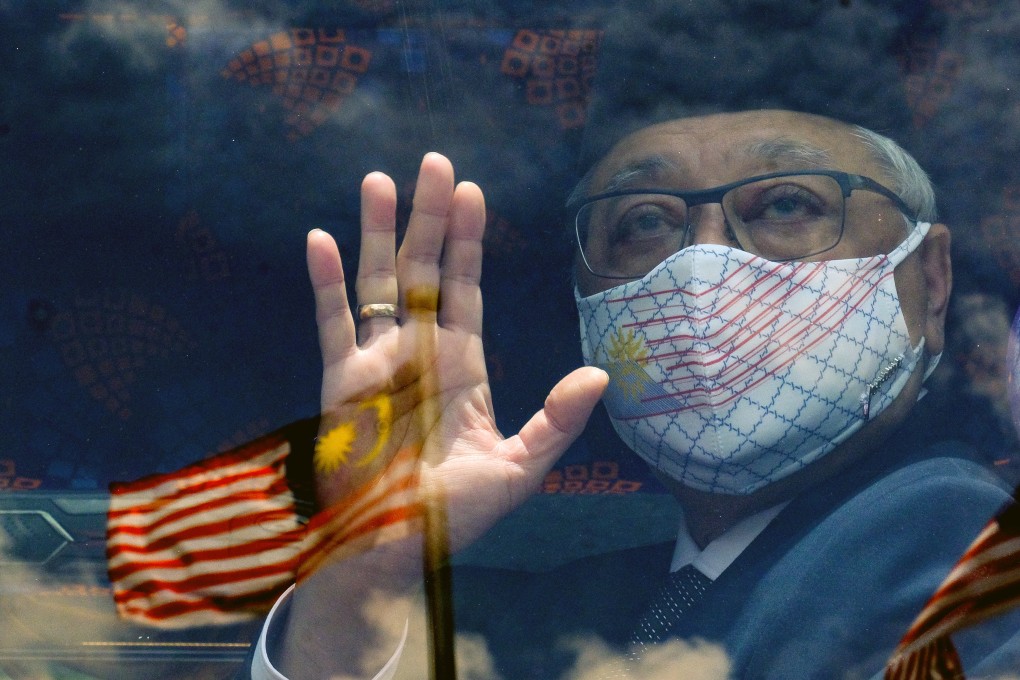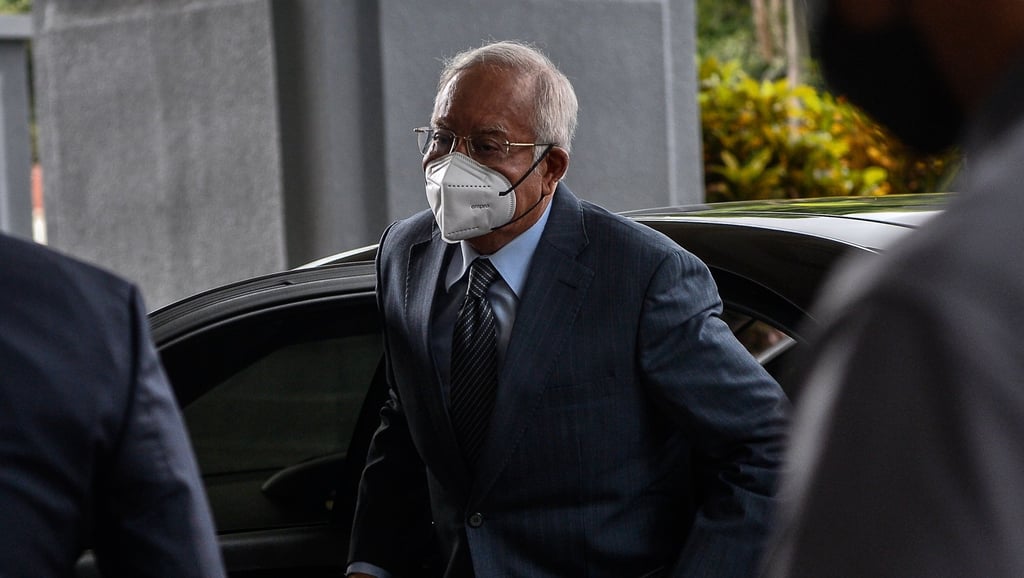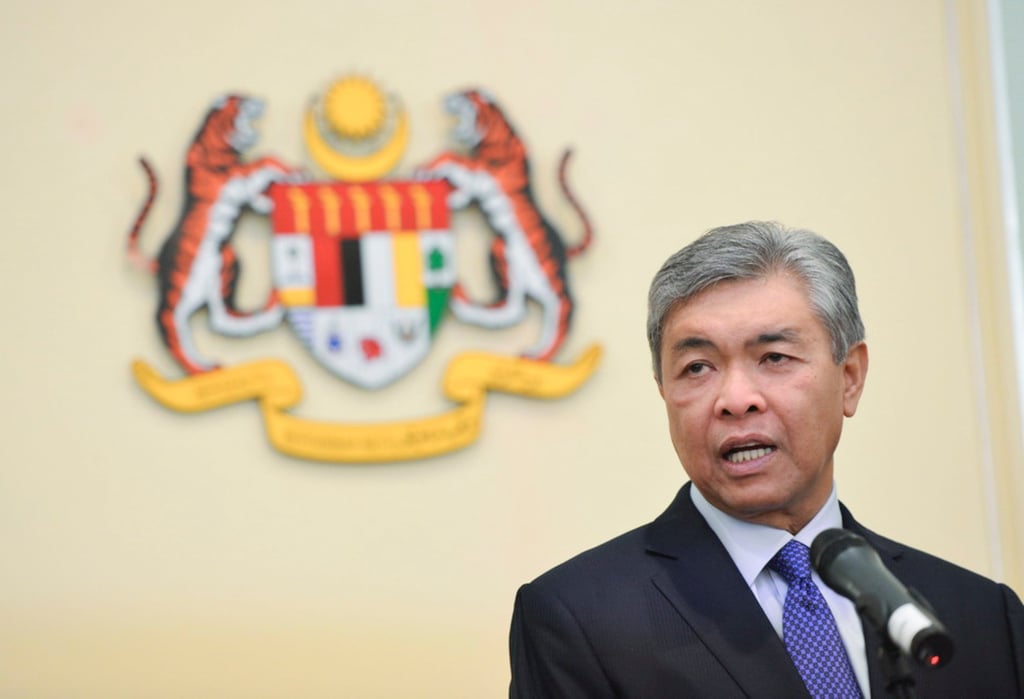Malaysia’s PM Ismail Sabri Yaacob faces mounting pressure to call snap vote, as Najib and allies step up Umno faction war
- Umno president Ahmad Zahid Hamidi, an ally of ex-PM Najib, has sacked Tajuddin Abdul Rahman from the party’s powerful supreme council. The two men represent the main factions trying to control Umno
- Opponents say they hope to quash the many corruption accusations they face in court

The decision by Umno President Ahmad Zahid Hamidi to remove Tajuddin Abdul Rahman – a party veteran and multi-term MP – came as a surprise to many, even after taking into account the testy relations that have been brewing between separate groups within the party.

Ahmad Zahid and Najib have since struck up a partnership – described derisively by critics as the ‘court cluster’ as both men face corruption trials – and the move to replace Tajuddin with Isham Jalil, a former Najib spokesman, could be seen as an attempt to further tighten their grip on the supreme council.
Opponents of the Umno president and his predecessor have accused them of pushing Ismail Sabri to call for early polls to ensure they are able to return to power as soon as possible, and enable them to quash the dozens of graft charges they currently face in court.

At a “tell-all” press conference after his removal from the supreme council, Tajuddin said Ahmad Zahid should resign as party president as ongoing corruption cases make him a liability to Umno.